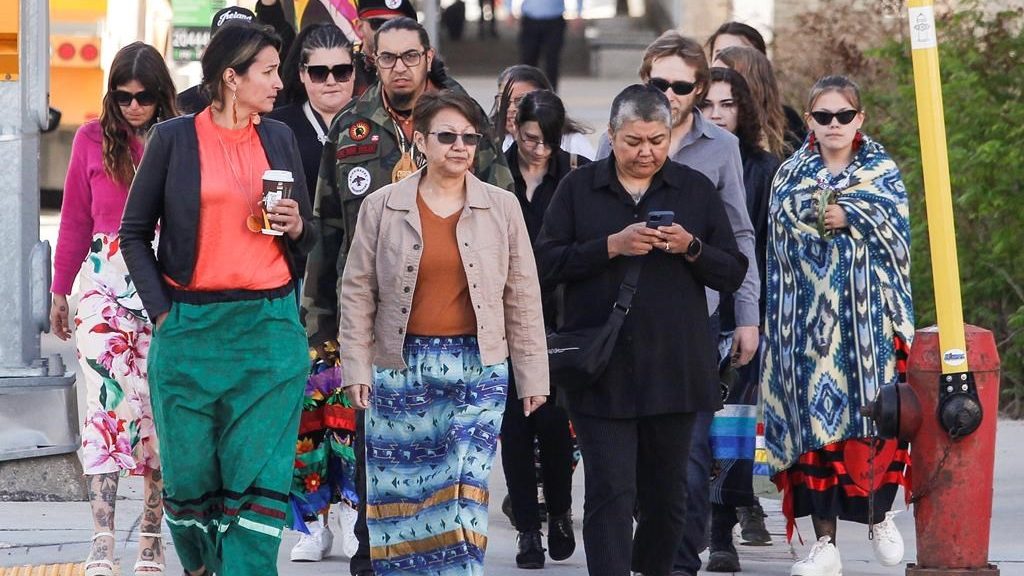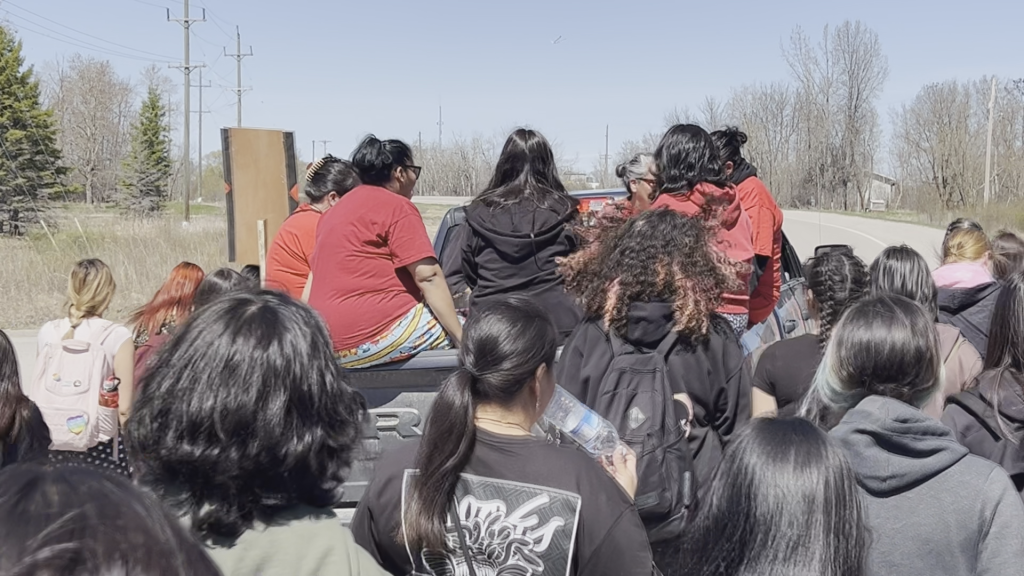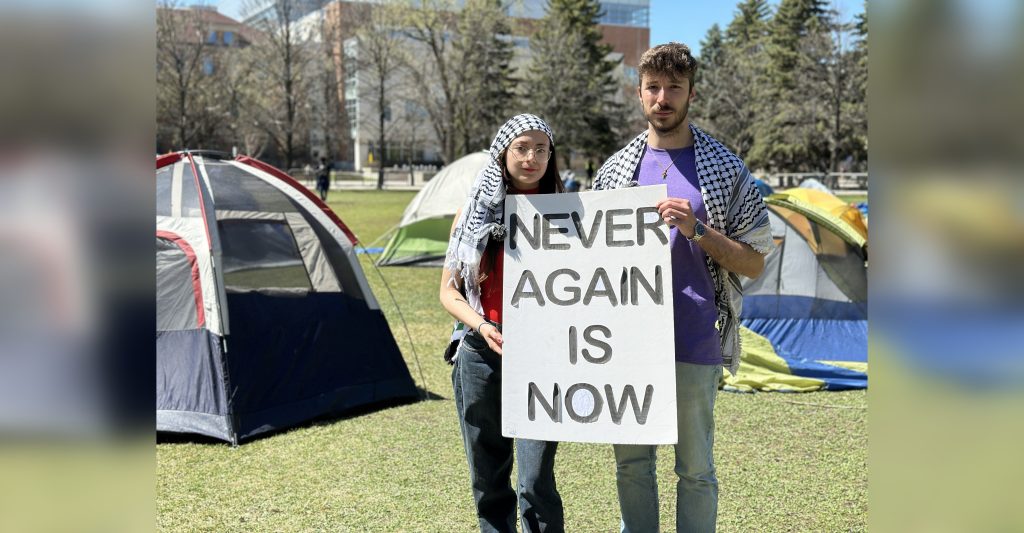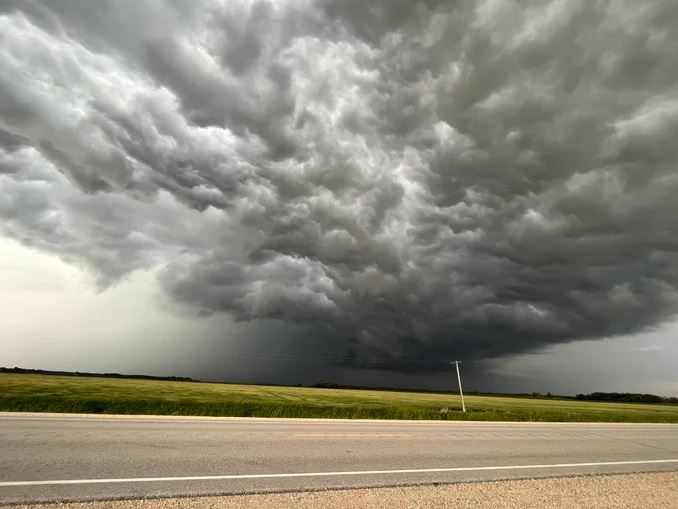New report on lack of Indigenous representation in Winnipeg schools
Posted February 13, 2024 5:55 pm.
Last Updated February 13, 2024 7:59 pm.
A report from the Winnipeg Indigenous Executive Circle (WIEC) reveals the ongoing underrepresentation of Indigenous peoples in the education system as a whole, with officials saying it could take up to 25 years to address if the calls to action proposed aren’t met.
The WIEC’s Education Committee Chair Heather McCormick says the third annual State of Equity in Education Report has revealed some alarming statistics, including that out of 54 school trustees in Winnipeg, only eight identify as Indigenous.
“When we first started two out of 54, but three years later it’s only eight. So that really shows that at the level where decisions and policies are being implemented, there’s still a lack of representation of indigenous people at that level,” explained McCormick.
“Were really encouraging our partners and our stakeholders to really look at the calls to action of what we’re asking for and implement them or have some conversations with us about why it’s not possible to have that done.”
The report also shows that there is an under-representation of 900 Indigenous teachers in Winnipeg schools, which is 200 more than last year, and that on average the faculties of education at the University of Manitoba and the University of Winnipeg have only graduated 35 Indigenous Bachelor of Education graduates each year for the past two decades, and to help remedy some of these issues the WIEC released six calls to action in total, including the need to form an Urban Indigenous school trustee caucus.
“Having a caucus where Indigenous trustees can gather to share those stories and successes and challenges is a really great opportunity and it gives us the opportunity to find out what’s going on across the city what’s working well in certain school divisions, and what’s still problematic so it’s just a great way to provide that space,” said McCormick.
Part of the calls to action is for the faculties of education, school divisions, and all levels of government to work in partnership with Indigenous organizations, to increase the number of Indigenous peoples interested in teaching positions by establishing a bachelor of education in Indigenous knowledge degree program.
“Indigenous people historically haven’t had great success or experiences in schools so there is some hesitancy for people to enroll in some of these institutions, so I think having community-based education just provides another pathway for people,” explained McCormick.
McCormick says while they have seen positive change over these 3 years, that all 6 Calls to action need to be met to properly address these issues.








